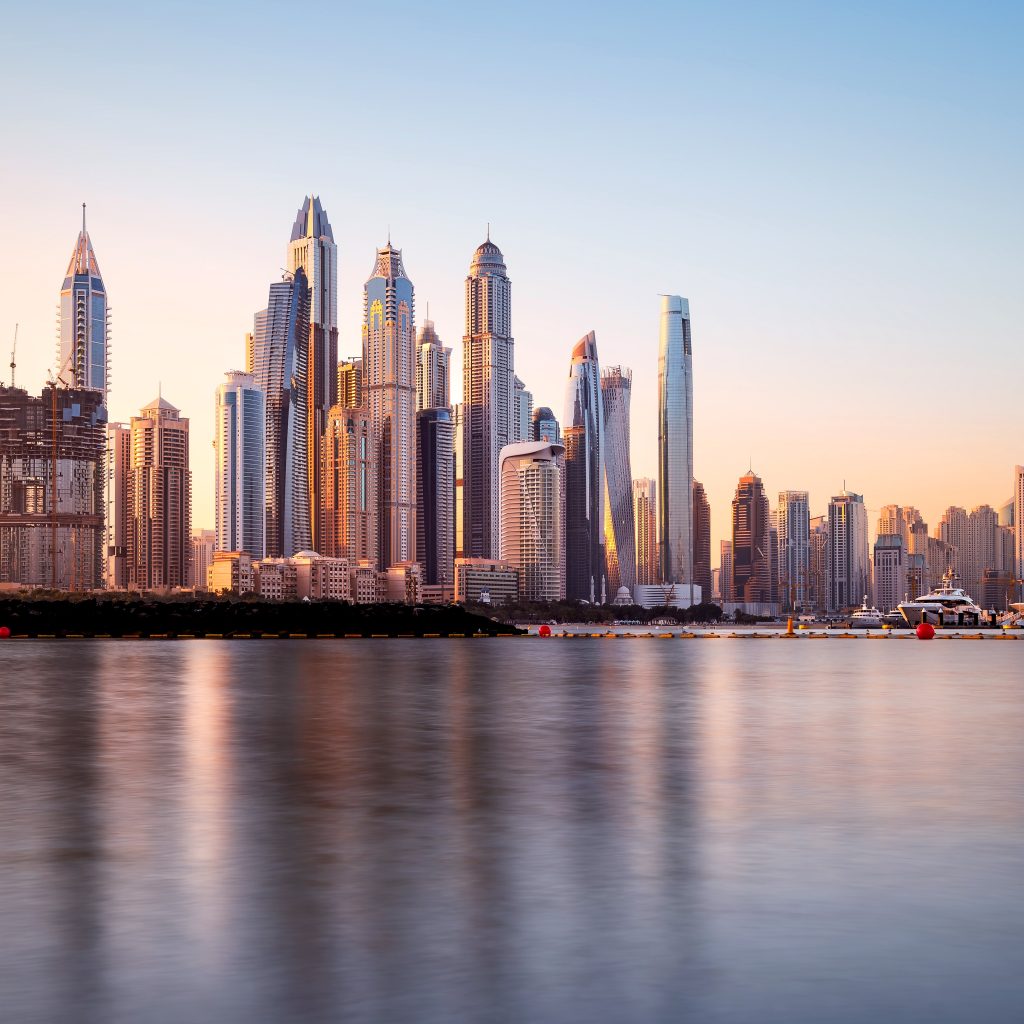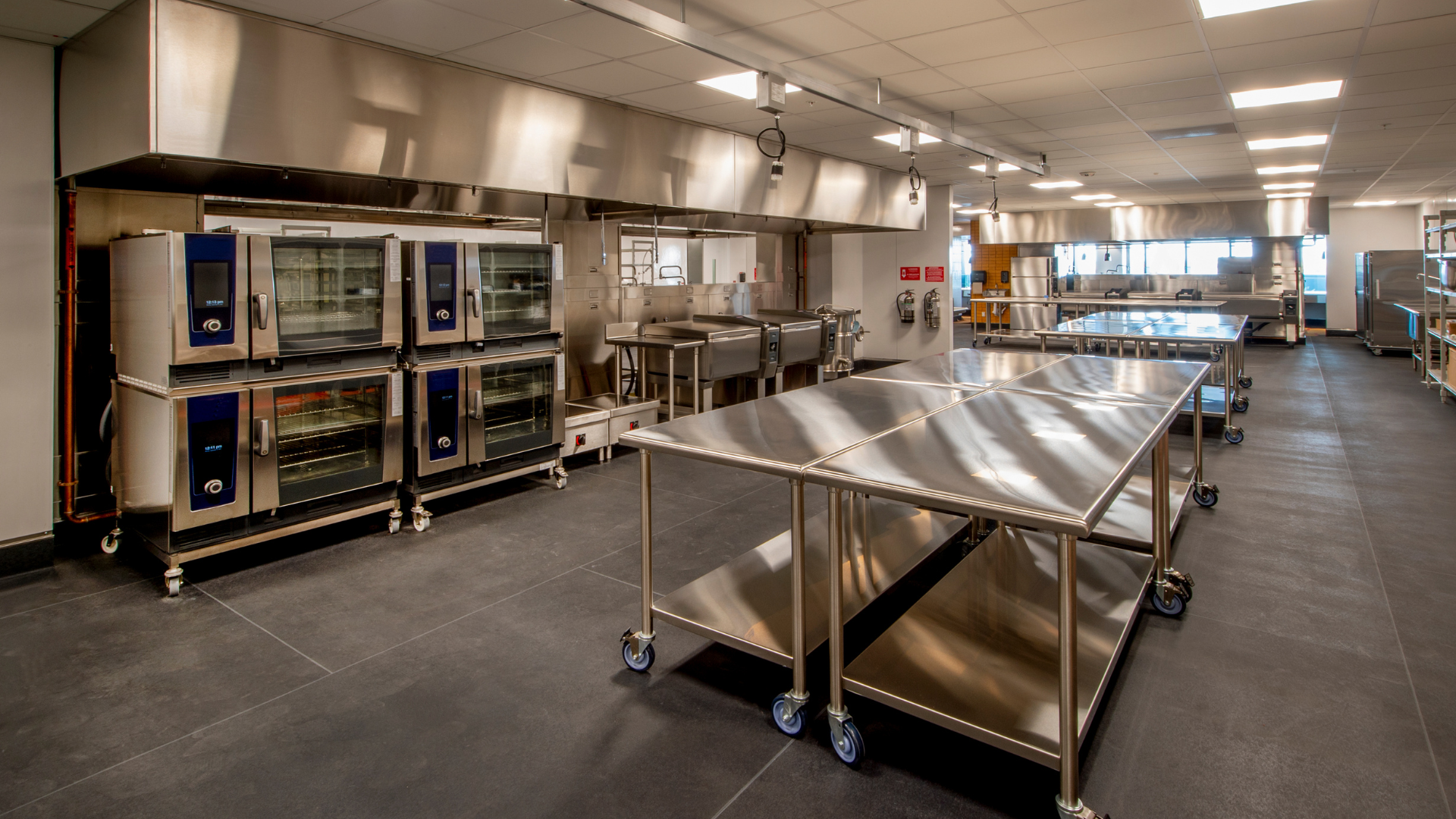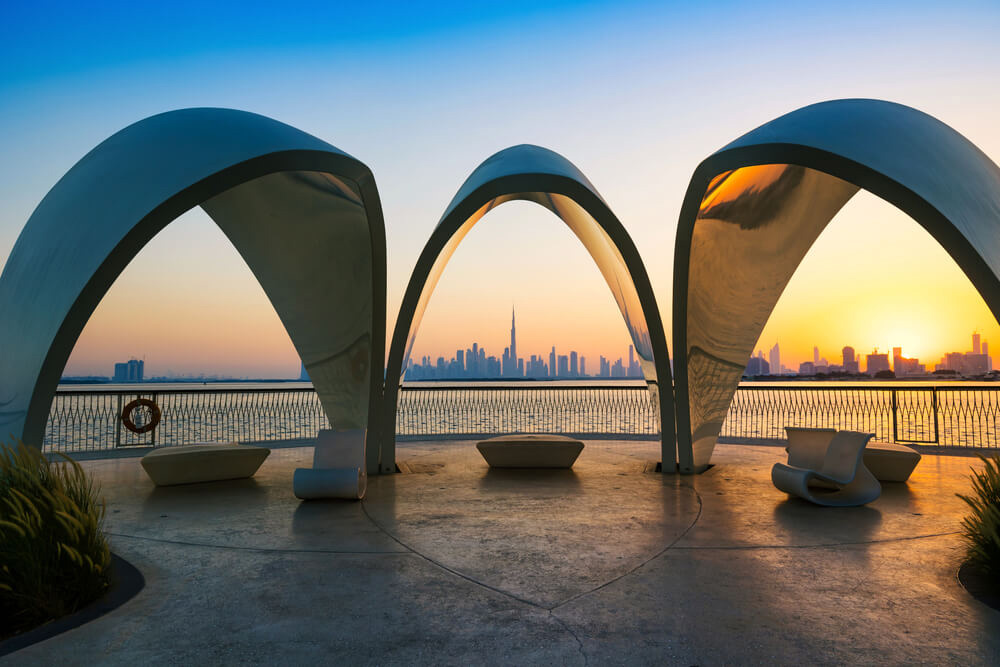Dubai is a name that needs no introduction when it comes to growth, opportunity, and innovation. Over the last two decades, the city has transformed from a regional trading hub into one of the most desirable investment destinations in the world. From its futuristic skyline to its tax-friendly policies, Dubai continues to attract global entrepreneurs, corporations, and investors who see the emirate as a safe, profitable, and strategic place to grow wealth.
For business owners, real estate investment in Dubai is more than just owning property. It’s a strategic move that complements their business portfolio, secures financial stability, and even enhances residency opportunities. Whether you run a startup, a consulting firm, or a multinational company, understanding how to invest in Dubai’s property market can open new doors to growth and long-term prosperity.
In this guide, we’ll explore everything a business owner needs to know about investing in Dubai real estate — from the legal framework and ownership rules to financing options, locations, and long-term strategies for maximizing returns.
Why Dubai Real Estate Appeals to Business Owners
There are few cities in the world where the combination of lifestyle, taxation, and investment stability matches what Dubai offers. Here are some of the reasons why entrepreneurs and business owners find Dubai’s real estate market irresistible.
a. Zero Property and Capital Gains Tax
Dubai does not impose property taxes, capital gains tax, or inheritance tax. That means when you buy property, the price you pay is your only major cost (aside from registration and service fees). When you sell later for a profit, the entire appreciation belongs to you. For business owners accustomed to paying high taxes elsewhere, this is a game changer.
b. A Globally Regulated Market
Dubai’s property market is one of the most transparent and well-regulated in the region. The Dubai Land Department (DLD) and the Real Estate Regulatory Agency (RERA) ensure that property transactions are recorded, monitored, and legally protected. This gives business owners confidence that their investment is secure.
c. Strategic Global Location
Dubai’s geographic position between Europe, Asia, and Africa makes it ideal for international business operations. Many entrepreneurs use Dubai as a base for both their business and lifestyle. Owning property here adds another layer of financial and operational stability.
d. Long-Term Residency Benefits
Owning real estate in Dubai can qualify you for a renewable residency visa. Business owners who invest AED 2 million or more in property can apply for a 10-year Golden Visa, which allows them and their families to live, work, and study in the UAE without the need for a local sponsor.

Understanding the Legal Framework
Before buying real estate in Dubai, every investor should understand how the laws work, especially in relation to ownership and business structure.
a. Freehold vs. Leasehold
Foreign investors can buy property in designated freehold areas across Dubai. Freehold means you own the property and the land it stands on indefinitely. Leasehold areas, on the other hand, allow you to lease property for a specific term (usually 30 to 99 years).
Some of the most popular freehold areas for business owners include:
- Downtown Dubai
- Business Bay
- Dubai Marina
- Palm Jumeirah
- Jumeirah Lake Towers (JLT)
- Dubai Hills Estate
b. Buying as an Individual vs. Through a Company
Business owners can choose to buy property either personally or through their company. Each option has advantages:
- Personal ownership: Easier to process, straightforward legal structure, and eligibility for residency visas.
- Company ownership: Ideal for asset protection, corporate structuring, and portfolio management. Properties owned under a UAE company can also provide operational advantages if the business operates locally.
If your company is registered in a Dubai Free Zone, check whether the Free Zone allows real estate ownership. Some, like Dubai Multi Commodities Centre (DMCC) and Dubai Silicon Oasis, permit it under specific conditions.
c. Real Estate Registration
All property transactions in Dubai must be registered with the Dubai Land Department. Upon purchase, you’ll receive a Title Deed, which is the official proof of ownership. Registration fees typically range around 4% of the property’s value.
Setting Investment Goals
Before jumping into the market, it’s important to define your investment objectives. Business owners usually invest in real estate for one of three reasons:
a. Rental Income
Dubai offers attractive rental yields compared to major global cities. Depending on the area and property type, yields range from 5% to 8% annually. Apartments in Business Bay or JVC, for instance, tend to offer higher returns compared to luxury villas.
b. Capital Appreciation
Some investors focus on long-term growth. Areas like Dubai Creek Harbour, Dubai Hills, and Emaar Beachfront have seen steady appreciation as infrastructure and community developments mature.
c. Business Utility
Many entrepreneurs buy commercial real estate — such as offices, showrooms, or warehouses — to reduce operational costs. This provides both cost control and asset appreciation.
Financing Your Investment
Buying property in Dubai can be done through cash or mortgage. The best approach depends on your liquidity and investment strategy.
a. Cash Purchases
For many business owners, liquidity allows them to buy outright. Cash purchases simplify the process and reduce costs associated with mortgage processing and interest.
b. Mortgage Options
Non-residents and business owners can also finance their property through UAE banks, although requirements differ from those for residents. Typical conditions include:
- 50–60% loan-to-value ratio for non-residents
- 20–25 year loan tenure
- Fixed or variable interest rates (starting around 3–5%)
Banks like Emirates NBD, Mashreq, and HSBC offer tailored packages for business owners with established income.

Choosing the Right Location
Location is everything in real estate. In Dubai, each area attracts a different kind of investor and tenant. Let’s break it down:
a. For Luxury Investors
- Palm Jumeirah: Iconic waterfront villas and apartments.
- Downtown Dubai: Close to Burj Khalifa, top-tier amenities, high ROI on short-term rentals.
- Dubai Hills Estate: Modern luxury living with long-term appreciation.
b. For Practical Business Owners
- Business Bay: Ideal for offices and short-term rentals.
- Jumeirah Lake Towers (JLT): Mix of commercial and residential properties.
- Al Quoz / Ras Al Khor: Great for warehouses and logistics facilities.
c. For Budget-Friendly Investments
- Jumeirah Village Circle (JVC): Strong rental demand, affordable entry prices.
- Dubai South: Proximity to Al Maktoum Airport and Expo City makes it a future hotspot.
- International City: Excellent for consistent rental yields on smaller units.
The Investment Process Step by Step
Here’s how to buy property in Dubai as a business owner:
Step 1: Define Your Objective
Decide if you’re buying for rental income, capital gain, or for your company’s operational use.
Step 2: Get Pre-Approved (If Using a Mortgage)
This determines how much you can borrow and speeds up the transaction.
Step 3: Choose a Reputed Developer or Agent
Work only with registered brokers who are licensed under RERA. Verify listings and review payment plans carefully.
Step 4: Sign the Sale Agreement (Form F)
Once you agree on a price, you’ll sign the Memorandum of Understanding (MOU), outlining terms and timelines. You’ll pay a 10% deposit at this stage.
Step 5: NOC and Transfer
The developer issues a No Objection Certificate (NOC) confirming there are no outstanding dues. You then proceed to the DLD for ownership transfer.
Step 6: Receive Title Deed
After completing payment and fees, your Title Deed is issued by the Dubai Land Department. You are now the legal owner.
Property Management for Business Owners
Many business owners do not live full-time in Dubai or may not have the time to manage tenants and maintenance. Hiring a professional property management company ensures your investment remains profitable and hassle-free.
Services typically include:
- Tenant screening and leasing
- Rent collection
- Maintenance and repairs
- Annual inspections and reporting
Companies like Betterhomes, Allsopp & Allsopp, and Fäm Properties offer reliable management options.

Understanding Service Charges and Maintenance Costs
Every property in Dubai comes with annual service fees, which cover the maintenance of common areas, security, and amenities. These fees vary depending on the property type and location. For example:
- Apartments: AED 15–25 per square foot annually
- Villas: AED 3–7 per square foot annually
For commercial properties, costs can vary based on usage and developer.
Risks and Market Considerations
No investment is without risk. Here are key factors to watch:
a. Market Fluctuations
Like any market, Dubai real estate experiences cycles of growth and correction. Always invest with a long-term horizon (5–10 years) rather than expecting immediate profits.
b. Oversupply in Certain Areas
Avoid investing in regions with excessive new developments unless backed by strong infrastructure or demand growth.
c. Rental Vacancy
Ensure your property is in a high-demand area. A vacant property can quickly offset potential returns.
d. Legal and Regulatory Updates
Stay informed about DLD and RERA updates to ensure your property complies with new requirements.
Why Real Estate Complements Business Ownership
Real estate investment can play an important role in a business owner’s financial strategy. Here’s why:
- Diversification: Protects against market volatility in your primary business.
- Asset-backed wealth: Property serves as a tangible, appreciating asset.
- Cash flow: Rental income provides steady liquidity.
- Residency benefits: Helps you and your family secure long-term UAE residence.

Long-Term Outlook for Dubai Real Estate
Dubai continues to expand its infrastructure and economy at a global scale. With new projects like Dubai 2040 Urban Master Plan, expansion of Al Maktoum International Airport, and Expo City development, property values are expected to appreciate steadily.
The influx of global talent, entrepreneurs, and investors relocating to the UAE means rental demand remains strong. Combined with the 0% tax regime and investor-friendly laws, the real estate market continues to be one of the safest long-term bets for business owners worldwide.
Final Thoughts
Investing in Dubai real estate as a business owner is not just about buying property. It’s about securing your financial future, diversifying your assets, and building a base in one of the world’s fastest-growing economies. With proper planning, market understanding, and professional guidance, Dubai’s real estate can become one of the most rewarding additions to your portfolio.
Whether you’re looking to invest in a luxury apartment, commercial office, or an entire real estate portfolio, Dubai offers unmatched transparency, profitability, and long-term stability.
If you are looking for guidance navigating Dubai’s real estate market as a business owner, it’s always wise to work with trusted real estate advisors who understand both the property landscape and the business ecosystem. A reliable advisory partner can help you identify investment opportunities that align with your company’s goals, manage the legal and financial aspects of property acquisition, and ensure compliance with UAE regulations. Whether you’re planning to buy commercial space, expand your operations, or build long-term wealth through property, an experienced advisory firm can make the entire journey smoother, safer, and more profitable allowing you to focus on what matters most: growing your business in Dubai.









